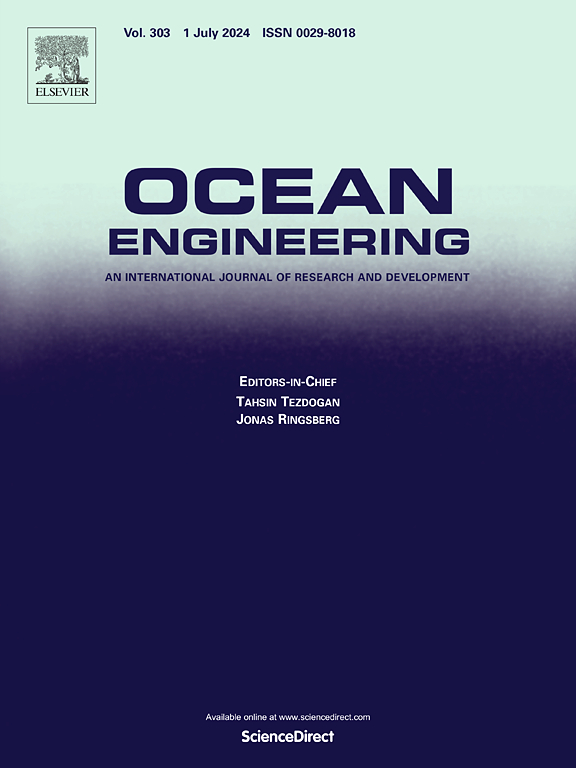考虑奖惩机制的航运碳排放控制
IF 5.5
2区 工程技术
Q1 ENGINEERING, CIVIL
引用次数: 0
摘要
船舶碳排放的控制与监测正逐渐成为绿色航运的一项重要任务。正如国际海事组织所指出的,鼓励采取奖励措施,以激励有关的从业人员采取积极的战略。本研究建立了一个涉及三组主要利益相关者(港务局、船东、承租人)的三方进化博弈模型,旨在分析他们在奖惩机制(RPM)实施下的策略选择。数值模拟表明,港口当局可以通过制定合理的RPM有效提高船舶相关利益相关者的低碳意识,从而达到未来不需要引入外力即可控制碳排放的理想情况。进一步,深入考察和评估了关键参数(即额外成本、收入增量、环境效益)对战略选择的影响,为制定动态合理的RPM提供了有见地的启示。本文章由计算机程序翻译,如有差异,请以英文原文为准。
Carbon emission control considering the reward and punishment mechanism in shipping
The control and monitoring of vessel carbon emission is gradually being a crucial task in green shipping. As stated by the International Maritime Organization, incentives are encouraged to stimulate relevant practitioners to take active strategies. In this research, a tripartite evolutionary game involving three groups of main stakeholders (port authorities, ship owners, charterers) is developed, aiming at analyzing their strategy selection under the implementation of the reward and punishment mechanism (RPM). The numerical simulation indicates that port authorities could improve the low-carbon awareness of vessel-related stakeholders effectively through formulating a reasonable RPM, leading to the ideal situation that carbon emission can be controlled without the need of introducing external force in the future. Further, the influence of key parameters (i.e., additional cost, revenue increment, environmental benefit) on the strategy selection is thoroughly examined and evaluated, which provides insightful implications for the formulation of the dynamic and reasonable RPM.
求助全文
通过发布文献求助,成功后即可免费获取论文全文。
去求助
来源期刊

Ocean Engineering
工程技术-工程:大洋
CiteScore
7.30
自引率
34.00%
发文量
2379
审稿时长
8.1 months
期刊介绍:
Ocean Engineering provides a medium for the publication of original research and development work in the field of ocean engineering. Ocean Engineering seeks papers in the following topics.
 求助内容:
求助内容: 应助结果提醒方式:
应助结果提醒方式:


